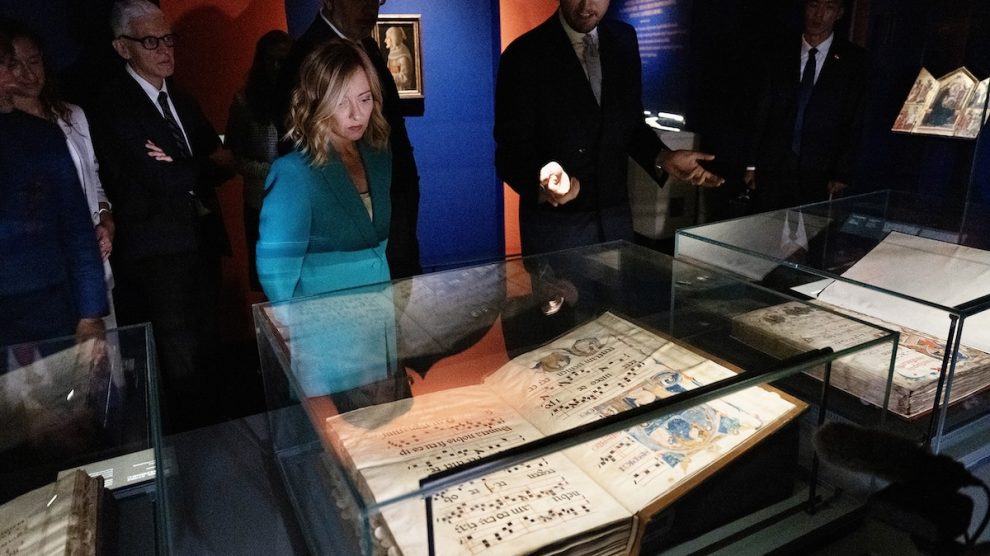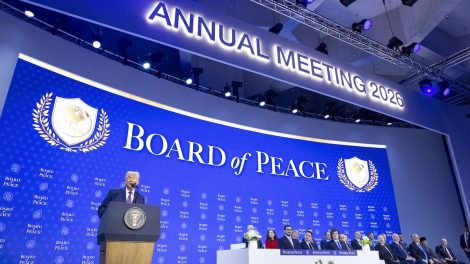The visit of Italian Prime Minister Giorgia Meloni at this critical historical juncture was fraught with difficulty and thus was already off to a rocky start. Perhaps for this reason, she managed to further complicate an already delicate global situation.
To summarise, Italy’s signing of the Belt and Road Initiative in 2018 had put the country in a precarious position, causing dissatisfaction among both its allies and China. The allies were displeased because a political agreement they opposed had been signed, and the Chinese were unhappy because Italy was not to uphold its promises. Today, Italy has exited the Belt and Road Initiative but has entered into new agreements that similarly risk displeasing both its allies and China.
One such agreement pertains to electric vehicles, which contravenes the sector restrictions imposed by the EU. Another involves Artificial Intelligence, a leading technological frontier. On this front, there is a significant divide between China on one side and the EU and USA on the other, a topic that has dominated G7 discussions under the Italian presidency for months. Additionally, an agreement involving Fincantieri effectively aids the Chinese navy, which patrols waters around Japan, Taiwan, and the Phillippines against the navies of these countries as well as European (including Italian) and American forces. It is unclear what Italy can achieve other than to irritate either China or its allies, if not both. Furthermore, the warning signs were already evident.
On July 28, as Meloni departed for Beijing, a meeting involving the intelligence services of the USA, Israel, Egypt, and Qatar regarding Hamas in Gaza was held in Rome. On July 23, Beijing hosted a meeting of all 14 Palestinian factions (including Hamas), seemingly against Israel. Additionally, on July 29, in Tokyo, the USA, Japan, and South Korea signed a significant security agreement for the North Pacific, apparently directed against China.
This flurry of meetings surrounding Meloni’s trip highlights the allies’ irritation towards the Italian Prime Minister. It indicates a clear lack of coordination with the allies regarding the trip and its objectives. Why, then, was the visit undertaken in this manner? Perhaps it reflects a lack of depth in political vision or a gamble that Donald Trump will win the upcoming US presidential election and alter US policy towards China.
However, such a calculation is evidently flawed. It is uncertain whether Trump will be elected, and even if he is, he could adopt a harsher stance on China than the current administration. Furthermore, even if Trump were to broker a deal with China, he would likely do so independently, with allies following his lead, to avoid undermining the negotiation conditions. In any case, Meloni’s initiatives risk jeopardising even a hypothetical American agreement, which would have repercussions for China as well.
Moreover, these actions exacerbate fractures with the European Union, which is adopting different stances towards Beijing. It is both misguided and dangerous to assume that Italy, with a debt-to-GDP ratio of 140% underwritten by the European Central Bank, can afford a commercial or technological policy independent of the EU, or align itself with Hungary’s policy (whose GDP is a tenth of Italy’s).
Now may not be the time to discern China’s strategic calculations behind these agreements, but it is clear that the Italian government is treading on very thin ice. There is not a single positive outcome for the allies, and only negative repercussions all around. Italy should have visited China, indeed, but with the aim of engaging in genuine and honest dialogue in Beijing.
Italy should have communicated clearly: Rome can undertake certain actions and not others. It should have emphasised the importance of history and politics, commemorating the seventh centenary of Marco Polo’s death, an Italian (before the existence of political Italy) who first introduced China to Europe, which had essentially ignored its existence for centuries. Thus, let us reflect on history and from that, strive to reconstruct our political strategies.
This pragmatic, non-ideological truth would have benefited everyone, strengthening Italy’s position, as well as those of China, the EU, and the USA.





